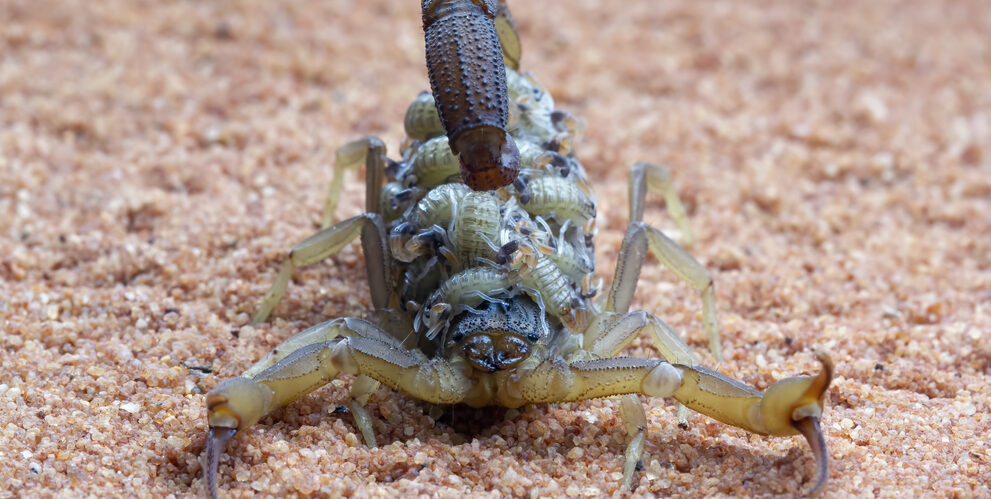From sting to cure? Scorpion venom offers hope against breast cancer
The molecule BamazScplp1 may offer a new option for patients resistant to existing breast cancer treatments
Author
Author
- admin / 7 months

- 0
- 3 min read

Author
A molecule found in the venom of an Amazonian scorpion has shown promising results in killing breast cancer cells in the lab, offering hope for a new treatment against one of the world’s deadliest diseases for women.
Promising cancer-curing molecule from an unlikely source
Researchers at the University of São Paulo, in collaboration with the National Institute for Amazonian Research and Amazonas State University, have identified a molecule called BamazScplp1 in the venom of the scorpion Brotheas amazonicus. This molecule has shown an ability to kill breast cancer cells in laboratory tests, with effects comparable to paclitaxel, a widely used chemotherapy drug.
“Through bioprospecting, we were able to identify a molecule in the species of this Amazonian scorpion that is similar to that found in the venoms of other scorpions and that acts against breast cancer cells,” Eliane Candiani Arantes, a professor and the project’s coordinator, told Agência FAPESP.
Unlike traditional methods that involve extracting venom directly from scorpions, the team employed a technique called heterologous expression, using yeast to produce the molecule in the lab. This method avoids the need to harvest venom from wild scorpions, making it more sustainable and scalable.
How does the molecule work?
The molecule’s mechanism is intriguing. It induces necrosis, a process where cancer cells are directly destroyed, offering a rapid and targeted way to eliminate tumors.
This is significant because breast cancer often develops resistance to existing treatments. A new compound like BamazScplp1 could provide an alternative for patients who don’t respond to standard therapies.
Why scorpion venom?
Scorpion venom contains proteins and peptides that can interact with the human body. Because of this, scientists see it as a valuable source for finding new compounds that could be used in medicine.
The venom of Brotheas amazonicus isn’t the first to show promise; toxins from other scorpion species have also demonstrated anti-cancer properties. However, BamazScplp1 stands out for its similarity to the effects of paclitaxel, a chemotherapy drug that works by preventing cancer cells from dividing and multiplying, effectively slowing or stopping tumor growth.
While the findings are exciting, the research is still in its preliminary stages. The next steps involve producing larger quantities of BamazScplp1, testing it in animal models, and eventually conducting clinical trials to confirm its safety and efficacy in humans. These stages are critical to ensuring the molecule can be developed into a viable drug without harmful side effects.
Also read: https://firstcheck.in/singapore-scientists-create-cheaper-blood-test-to-track-cancer/










